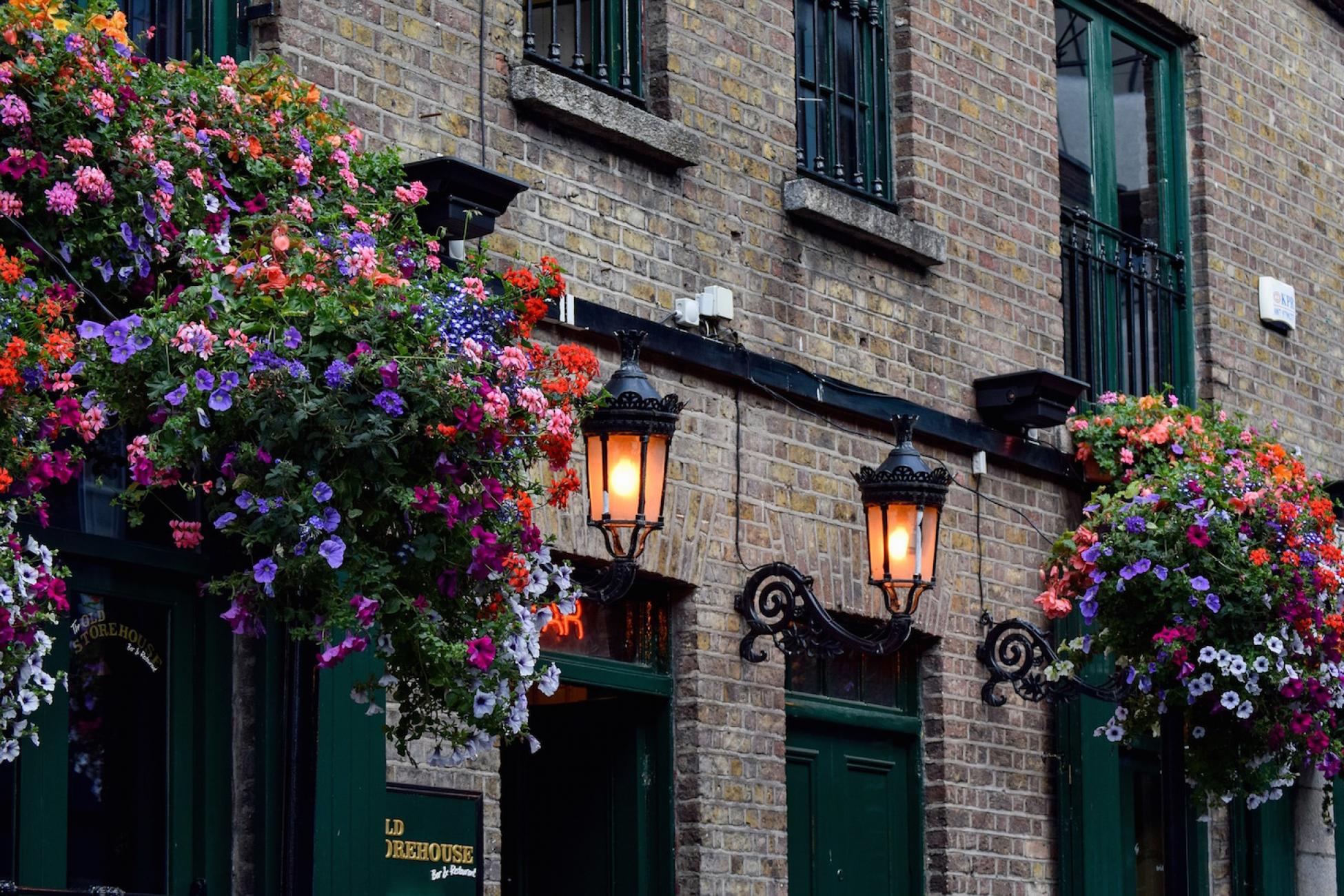If you haven’t heard of the little red dot, its name is Singapore. Hot and humid because of its proximity to the equator, this tiny Southeast Asian island is a perfect mix of culture, diversity and urban landscapes. And that’s where I call home, along with five million other people living in a tiny space of 719km².
I’ve always had the urge to move away, not because I disliked it, but because it got a little too small and familiar. It was busy, competitive and there’s hardly space to breathe. I know I was guarded by comfort as family and friends weren’t too far away, but when you’re bitten by the travel bug, the urge to escape boundaries and venture into the greater unknown trumps any other forces that keeps you grounded.
So I embraced a huge change. I moved away.
Studying abroad was a way out, and with my parents’ support, I moved to England to study media, communication and cultural studies at Newcastle University. The journey didn’t end there, though. The graduation summer was spent fiercely applying for jobs and hunting for visa sponsorships, before receiving a call from Ireland that changed everything.
I now live and work in Ireland as a Siri data analyst. I may have moved from one island to another, but I still keep myself active in cocurriculars and travel frequently. Moving twice wasn’t always smooth sailing, but it was every high and low in between that pushed me to where I am today, and hopefully, to greater heights in the near future. And this is how I survived this (and why I think you should try it too):
Working hard
Studying hard is vital, but that shouldn’t be the only thing. Extracurriculars, fostering friendships and traveling are just as important. I immersed myself in Salsa Society, where I had fun, made many friends and eventually became their publicity officer. While dancing and socializing, I acquired a new skill that boosted my CV and assisted in both my dissertation and job-hunting process later on.
Dealing with rejections
Rejections are inevitable and unavoidable. It will happen with friends, partners and perhaps over a 100 job applications. I learnt that the hard way, and later realized that best way of numbing the pain is to learn and move forward. So I kept applying for jobs and fought till something good came my way.
Understanding emotions
The worst part about moving abroad (at least 10,000km away) is that no one tells you how difficult it can be if you choose to start completely alone. It’s so easy to be wrapped in a blanket of comfort, that you don’t realize how important a physical support system is till you’re faced with an agonizing feeling of loneliness. Or homesickness, even.
The lucky ones are those who acquire instant friends after moving, as oppose to others like myself. I insisted on having no friends from home the both times I moved, just so I’d push myself to socialize freely. I was afraid if I had a familiar circle of friends, I wouldn’t bother engaging with others. Afterall, isn’t that what being abroad is all about?
I thought it was a great idea then and I still do today. It was my need for a support system that drove me out of my bubble to socialise. Now, I have a global community and amazing people to call friends, and all it took was for me to stay true to my initial goals. These habits are a huge lifesaver and I’ll keep practicing them should I move again. I’m not saying it’s simple, but it’s worth it. There will always be highs and lows as perfection isn’t reaped instantly, and that’s not something to fear. It’s something to embrace.
The key to moving abroad is simple. It all boils down to working hard, dealing with rejections and understand that the feeling of loneliness or separation anxiety is entirely normal. Riding that wave will make you a stronger person and if you fight hard enough, opportunities will arise. It’s important to fearlessly seize them then.
Add this article to your reading list




